|
Education comes from the Latin educere, meaning ‘to draw out’ the pupil. Interestingly, the Latin word educare, meaning ‘to mold or train’ was also used in ancient times to describe education. Although both terms sound similar, they have very different meanings. Modern education has developed along the latter. In our current iteration of education, students are assumed to arrive at school each day with a little bit more empty space in their brains to fill with knowledge. It’s the teacher’s job to instill curriculum proficiency through rote learning. While most classrooms today aren’t the ‘drill and kill’ style where facts are repeated until committed to memory, even research projects follow a rote style where everyone produces a piece of work based on a specific set of requirements. This is a result of our increasingly outdated model of learning where we wish to produce students who can follow a recipe of instructions to obtain a specific skill set. This worked well from the birth of education to the 80s, when many jobs in western society were still industrial-based.
Now, in the throws of the service economy, we’re seeing a rapid departure from skill development in school to the skill requirements of modern jobs. It turns out that spending time learning facts and following specific project guidelines for 8 hours a day does not lend the creative skills demanded in today’s creative economy. Schools should drive to incorporate more educere in their curriculum. We should view education not as a way to deliver information and instruction in bite-sized peices but to help children develop as critical thinkers. How much of the work being produced in your classroom is recipe based? Can you design a lesson where the student has a chance to create their own learning? That’s educere in action! Comments are closed.
|
Time to reinvent yourself!Jason WoodScience teacher, storyteller and workout freak. Inspiring kids to innovate. Be humble. Be brave. Get after it!
|
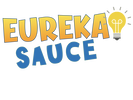
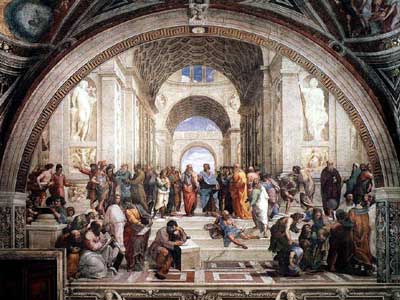
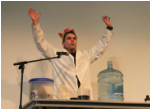


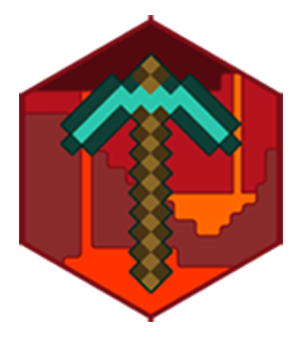
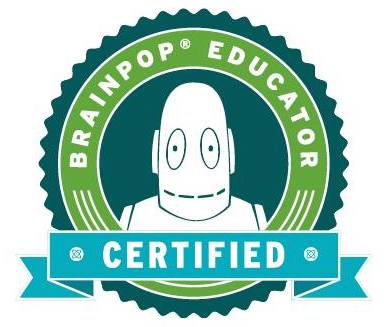
 RSS Feed
RSS Feed